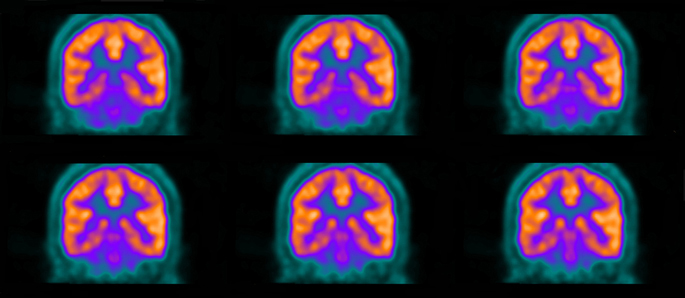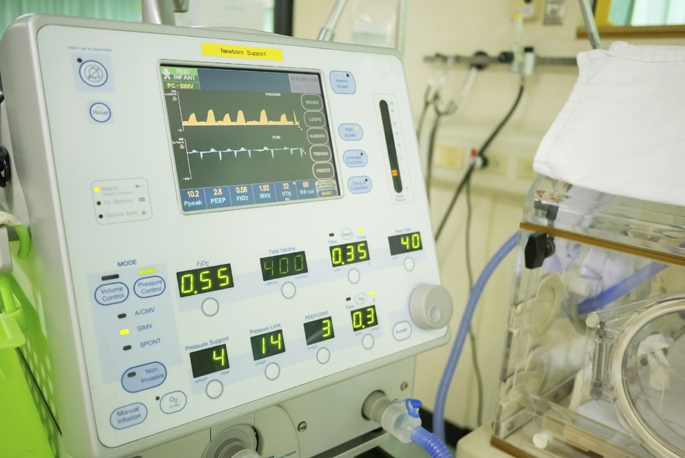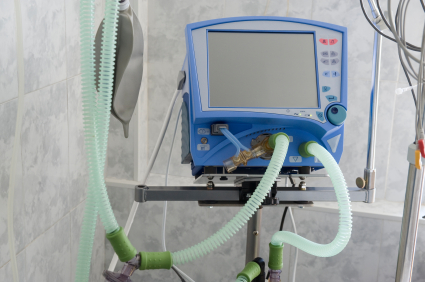ICU
-

Anxiety Sensitivity: ‘What If’ Fears Impact Care for ICU Patients, During and After Hospitalization
Clinicians need to have a better understanding of the potential impact of patients’ anxiety sensitivity, or “fear of fear,” according to an article published in American Journal of Critical Care. When a patient has anxiety sensitivity, they misinterpret nonthreatening symptoms as threatening, assessing the potential meaning across physical, social or cognitive domains. These “what if” thoughts may trigger a spiral effect, stimulating the nervous system and resulting in stronger sensations and further catastrophic misinterpretations. Read MoreNov 8, 2023
-

Vanderbilt partners with AARP and National Museum of African American Music on therapeutic music program
A new partnership with AARP Tennessee and the National Museum of African American Music is allowing the Therapeutic Music in the ICU program led by Vanderbilt School of Nursing Professor Ruth Kleinpell and Vanderbilt University Medical Center Professor Joseph Schlesinger to expand, with outreach to veterans and older adults at long-term care facilities in Middle Tennessee. Read MoreOct 18, 2023
-

Vanderbilt nursing professor wins NIH funding to study sleep’s role in cognitive impairment
New faculty Makayla Cordoza will work with VUMC patients to assess their quality of sleep before and during hospitalization, to better understand how to prevent ICU delirium. Read MoreOct 16, 2023
-

Dexmedetomidine and delirium
The sedative dexmedetomidine, when administered during or after heart surgery, is associated with postoperative delirium and adverse outcomes. Read MoreJun 21, 2021
-

COVID-19 met with intensive teamwork
Team members serving COVID-19 inpatients were more densely connected, interacting far more than their medical ICU counterparts. Read MoreApr 1, 2021
-

Study finds recommended ICU sedatives equally safe, effective
Sedative medications used in intensive care are associated with increased delirium, which is in turn connected with higher medical costs and greater risk of death and ICU-related dementia. Read MoreFeb 2, 2021
-

Alzheimer’s proteins in ICU survivors
The cognitive impairment that affects patients who survive a stay in the ICU does not appear to have a similar mechanism to Alzheimer’s disease, Vanderbilt researchers have discovered. Read MoreMar 27, 2018
-

Medication safety in the ICU
Facilitated reporting of medication-related events in the intensive care unit can provide opportunities for optimizing quality of care and patient safety. Read MoreSep 19, 2017
-

Risk factors for delirium
High levels of blood markers for vascular endothelial dysfunction were associated with longer periods of confusion in ICU patients, Vanderbilt researchers have discovered. Read MoreSep 13, 2016
-

A bundle, a dashboard and lasting pneumonia reduction
A “bundle” of electronically implemented care guidelines reduced intensive care unit patient complications related to mechanical ventilation. Read MoreOct 20, 2015
-

Risk of death in the ICU
The irregular heart rhythm atrial fibrillation increases the risk of death in patients in the intensive care unit. Read MoreOct 15, 2015
-

Physical signs of depression common among ICU survivors
Depression affects more than one out of three survivors of critical illness, according to a Vanderbilt study released in The Lancet Respiratory Medicine, and the majority of patients experience their symptoms physically rather than mentally. Read MoreApr 17, 2014
-

Delirium increases long-term disability
Patients who suffer a longer duration of delirium in the intensive care unit are more likely to experience long-term disability after discharge. Read MoreMar 17, 2014
-

VUCast: Startling brain-related study on critically ill patients
In the latest VUCast: ICU patients are leaving hospitals with a dementia-like disease; What’s the fate of the Republican Party?; Hear from Pulitzer Prize-winning author and Distinguished Visiting Professor Jon Meacham; and It's time to celebrate -- the Rate My Professor 2013 rankings are in. All this and more in Vanderbilt’s online newscast. Watch now. Read MoreOct 16, 2013
-

A role for blood vessels in delirium?
Dysfunction of the endothelial cells that line blood vessels may contribute to delirium and coma in critically ill patients – and could be a target for therapy. Read MoreApr 15, 2013
-

Grant to bolster care of ventilated ICU patients
Vanderbilt University Medical Center investigators have received a $2.8 million grant from the National Heart, Lung, and Blood Institute (NHLBI) to continue studying ways to improve sedation management for intensive care unit patients who are on mechanical ventilators. Read MoreNov 15, 2012
-

Pathways to delirium in the ICU
Study suggests that the “kynurenine” biochemical pathway could be a target for reducing delirium and coma in critically ill patients. Read MoreApr 17, 2012
-

Cutting calories doesn’t reduce ventilator use: study
A new study found that lower-calorie tube feedings do not reduce a patient’s ventilator use. Read MoreFeb 10, 2012
-

Sex hormone may predict death
Changes in blood levels of the sex hormone estradiol may provide a clinically useful predictor of death in critically ill or injured patients. Read MoreJun 3, 2011